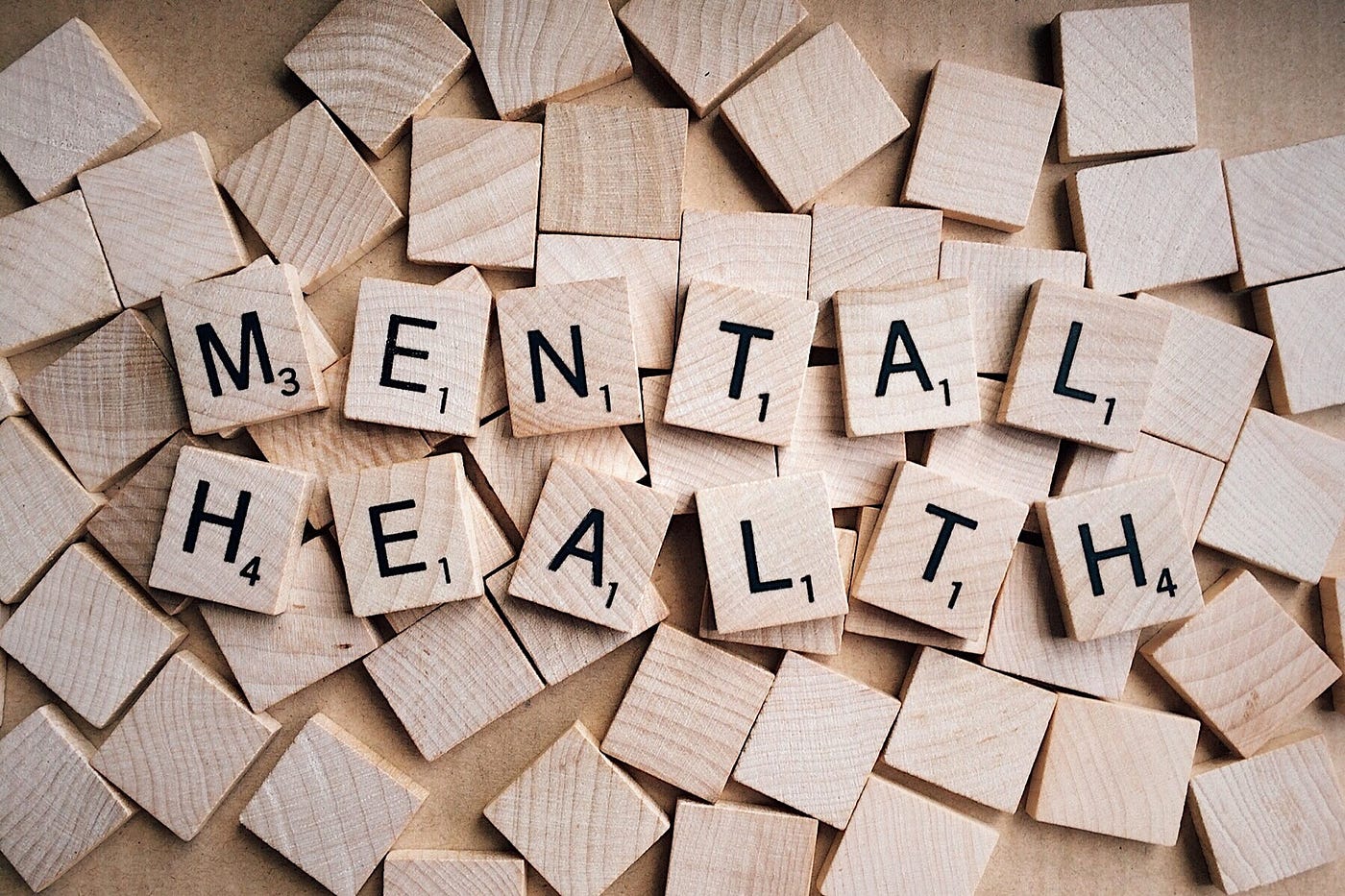Resilience refers to the ability to adapt and recover from challenges, stressors, and adversity. While everyone experiences difficult circumstances, the ability to maintain mental well-being amid such challenges may vary. Developing resilience can help individuals to better manage stress and improve mental health.
Developing Healthy Routines
Establishing consistent daily routines can offer stability and balance. Regular sleep schedules, balanced diets, and dedicated periods for physical activity may provide a foundation for mental health and resilience. Sleep, in particular, can directly impact cognitive function and emotional regulation. By incorporating regular habits into daily life, individuals may better manage the demands of everyday stress.
Other ways to support routines may include:
- Engaging in physical activity, which has been shown to influence mood management.
- Allocating time for mindfulness practices, such as journaling or meditation.
- Breaking tasks into manageable sections to create structure and reduce overwhelm.
Strengthening Social Connections
Social relationships can play a role in resilience by providing emotional support and opportunities for shared experiences. Connecting with friends, family, or community groups can help foster a sense of belonging and reduce feelings of isolation. Strong social networks can also create a reliable system for advice or shared problem-solving during difficult times.
To strengthen connections, engage in regular communication through calls, messages, or in-person meetings. Join interest-based groups, such as book clubs or fitness communities, to build new relationships. Consistent social interaction may contribute to feelings of stability and security, enabling a stronger response to life’s challenges.
Enhancing Emotional Awareness
Awareness of emotions can influence mental health. Understanding and identifying thoughts and feelings may encourage an individual to respond constructively under stress. Approaches to improve emotional awareness may include:
- Practicing mindfulness and reflective journaling can help individuals track emotional patterns over time.
- Setting aside brief periods to reflect on daily experiences and how they impacted emotions.
- Using mindfulness techniques to remain present in stressful situations and observe emotional reactions.
Engaging in Problem-Solving Practices
Problem-solving techniques can assist individuals in breaking down large stressors into manageable components. Thinking through challenges systematically may help in identifying practical steps to reach solutions. This approach may reduce the likelihood of feeling overwhelmed and increases the ability to concentrate on actionable tasks.
Active problem-solving techniques can include defining the specific issue clearly before brainstorming potential solutions. Weighing the short- and long-term effects of different approaches before deciding on a course of action can also be helpful. Taking a methodical approach to challenges can improve the likelihood of resolving them while preserving emotional resources.
Practicing Self-Care
Balancing demands with self-care activities may contribute to maintaining mental well-being during stressful periods. Self-care involves dedicating time to activities that rejuvenate mental or physical health. These activities may vary based on individual preferences or needs but can include reading, engaging in hobbies, or spending time in nature.
To engage in practical self-care, identify hobbies or interests that promote relaxation while avoiding activities that add strain. Planning regular downtime into daily schedules to create space for rest or enjoyment can also be helpful. By integrating self-care practices into daily life, individuals may maintain energy and emotional capacity for responding to challenges.
Strengthen Your Mental Health Today
Building resilience is not a one-size-fits-all process. Each individual may respond differently to practices that support mental health. The strategies outlined here offer a foundation for improving adaptability and managing stress. With time and consistent effort, these practices can improve how challenges are experienced and addressed. Access additional resources or consult with a mental health professional to tailor strategies to your needs.

Leave a Reply